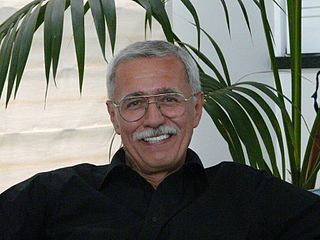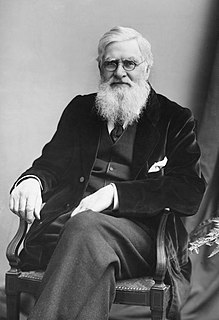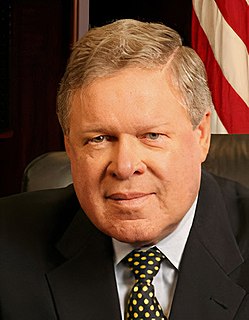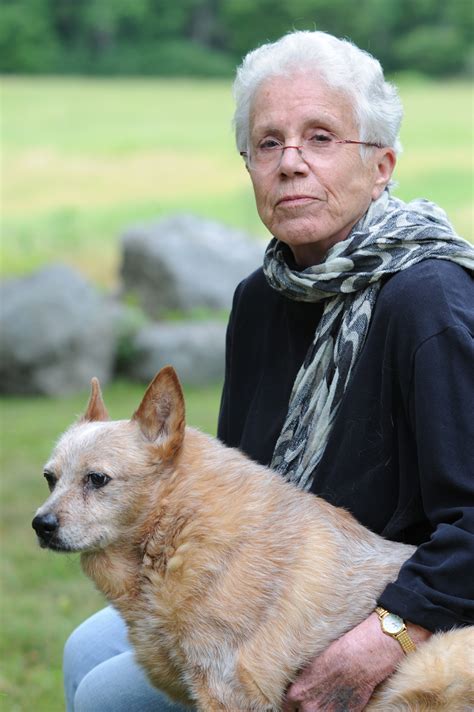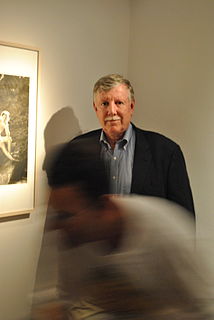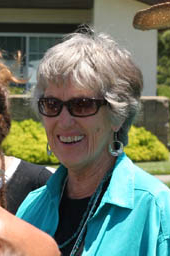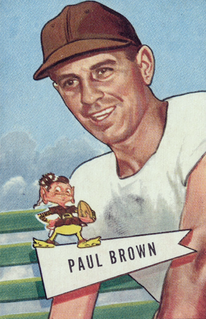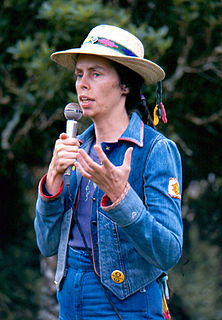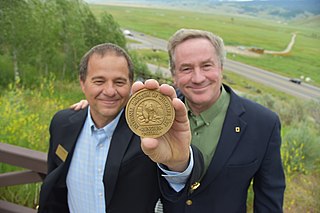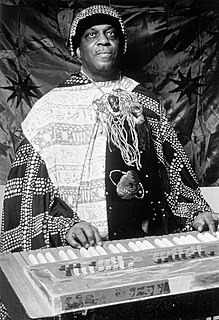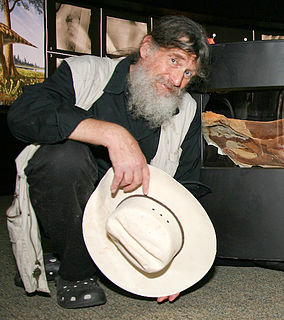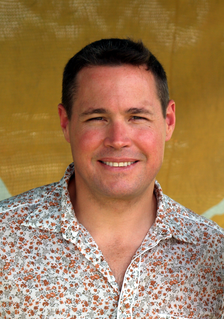Top 1200 Species Extinction Quotes & Sayings - Page 2
Explore popular Species Extinction quotes.
Last updated on April 22, 2025.
To be fair, if we are having a mass extinction, we're in the early stages of it. I think it's knowing facts like that which has made me less fearful about the future. Mass extinction is a long, complicated process that we are just now beginning to understand - and likewise, we are just beginning to understand how we might prevent one.
The humanity and the humility, which are very different than the biological species homo sapiens. Humanity versus homo sapiens - very different things. We are biological creatures, we are animals, no doubt, but when you talk about "humando," you're talking about that particular kind of animals who are aware of their impending extinction, who have the capacity to be sensitive to catastrophe and disaster and calamity and profound crisis.
We human beings are not only the beneficiaries but also the stewards of other creatures. Thanks to our bodies, God has joined us so closely to the world around us that we can feel the desertification of the soil almost as a physical ailment, and the extinction of a species as a painful disfigurement. Let us not leave in our wake a swatch of destruction and death which will affect our own lives and those of future generations.
Climate change is not a major issue because it will cause sea level rises or temperature increases, since we know how to live at higher elevations and regulate the temperature within our homes. It is a major issue because ecosystems are finding it difficult to adapt to the rapidity of the climate and environmental changes and are dying off, thereby accelerating the species extinction that is already underway due to our consumption habits.
Researchers keep identifying new species, but they have no idea about the life cycle of a given species or its other hosts. They cut open an animal and find a new species. Where did it come from? What effect does it have on its host? What is its next host? They don't know and they don't have time to find out, because there are too many other species waiting to be discovered and described.
If we somehow put a value on species extinction and factor that into our costs that bottom line would look very different. IF we put any resource depletion into costs our bottom line would change. So what we have is a dishonest market that does not take into account all the costs when it establishes its prices. We need an honest marketplace before we can let the market work for sustainability rather than against it as it works today.
Global warming, along with the cutting and burning of forests and other critical habitats, is causing the loss of living species at a level comparable to the extinction event that wiped out the dinosaurs 65 million years ago. That event was believed to have been caused by a giant asteroid. This time it is not an asteroid colliding with the Earth and wreaking havoc: it is us.
In the 24 hours since this time yesterday, over 200,000 acres of rainforest have been destroyed in our world. Fully 13 million tons of toxic chemicals have been released into our environment. Over 45,000 people have died from starvation, 38,000 of them children. And more than 130 plant and animal species have been driven to extinction by the actions of humans. And all this just since yesterday.
A species has to become pretty intellectually advanced in order to grasp the concept of death in the abstract, and to dream up the idea of immortality. Long before that (in evolutionary terms) all species with brains have the survival instinct in some form. So, I am just saying that there are many existent proofs of species that have one, but not the other.
There are about 250,000 different species of fossil plants and animals known . . In spite of this large quantity of information, it is but a tiny fraction of the diversity that [according to the theory] actually lived in the past. There are well over a million species living today and . . [it is] possible to predict how many species ought to be in our fossil record. That number is at least 100 times the number we have found.
When I am at a dinner table, I love to ask everybody, 'How long do you think our species might last?' I've read that the average age of a species, of any species, is about two million years. Is it possible we can have an average life span as a species? And do you picture us two million years more or a million and a half years, or 5,000?
There is part of a structure in which every species is related to every other species. And they're built up on species, like a pyramid. The simpler cell organisms, and then the more complicated ones, all the way up to the mammals and birds and so forth. We call it 'developing upward'... The whole thing depends on every part of it. And we're taking out the stones from the pyramid.
No magic bullet, not even the Internet, can save us from population explosion, deforestation, climate disruption, poison by pollution, and wholesale extinction of plant and animal species. We are going to have to want different things, seek different pleasures, pursue different goals than those that have been driving us and our global economy.
Cheetah genes cooperate with cheetah genes but not with camel genes, and vice versa. This is not because cheetah genes, even in the most poetic sense, see any virtue in the preservation of the cheetah species. They are not working to save the cheetah from extinction like some molecular World Wildlife Fund.
But we must here state that we should not see anything if there were a vacuum. But this would not be due to some nature hindering species, and resisting it, but because of the lack of a nature suitable for the multiplication of species; for species is a natural thing, and therefore needs a natural medium; but in a vacuum nature does not exist.
Something will have gone out of us as a people if we ever let the remaining wilderness be destroyed; if we permit the last virgin forests to be turned into comic books and plastic cigarette cases; if we drive the few remaining members of the wild species into zoos or to extinction; if we pollute the last clear air and dirty the last clean streams and push our paved roads through the last of the silence . . .
Wild fish are under threat of extinction because they're hunted to feed us. Yet land animals that we farm are under no threat of extinction. Shifting from hunting fish to farming fish - where the farmers have the incentive to keep their stocks healthy - could do a tremendous amount of good for wild fish.
We ourselves are part of a guild of species that lie within and without our bodies. Aboriginal peoples and the Ayurvedic practitioners of ancient India have names for such guilds, or beings made up (as we are) of two or more species forming one organism. Most of nature is composed of groups of species working interdependently.
The Creator would appear as endowed with a passion for stars, on the one hand, and for beetles on the other, for the simple reason that there are nearly 300,000 species of beetle known, and perhaps more, as compared with somewhat less than 9,000 species of birds and a little over 10,000 species of mammals.
Human use of fossil fuels is altering the chemistry of the atmosphere; oceans are polluted and depleted of fish; 80 per cent of Earth's forests are heavily impacted or gone yet their destruction continues. An estimated 50,000 species are driven to extinction each year. We dump millions of tonnes of chemicals, most untested for their biological effects, and many highly toxic, into air, water and soil. We have created an ecological holocaust. Our very health and survival are at stake, yet we act as if we have plenty of time to respond.
The human species was given dominion over the earth and took the opportunity to exterminate other species and warm the atmosphere and generally ruin things in its own image, but it paid this price for its privileges: that the finite and specific animal body of this species contained a brain capable of conceiving the infinite and wishing to be infinite itself.
The number of people displaced by dams is estimated at between 40 million and 80 million, most of them in China and India. The costs of dams were on average 50% above their original estimate. Some designed to reduce flooding made it worse, and there were many unexpected environmental disadvantages, including the extinction of fish and bird species. Half the world's wetlands had been lost because of dams.
In the beginning, there were bacteria.... [A] nearly universal assumption is that all subsequent life descended from the original life form through a continuous chain of ancestor-descendant pairs. This assumption looks good because all living organisms share biochemical traits. It is conceivable, of course, that life originated more than once on the early earth but that all except one life form died out early, leaving a single lineage as the ancestor of life as we know it. If this did happen, it was the first important species extinction.
Of the four billion life forms which have existed on this planet, three billion, nine hundred and sixty million are now extinct. We don't know why. Some by wanton extinction, some through natural catastrophe, some destroyed by meteorites and asteroids. In the light of these mass extinctions it really does seem unreasonable to suppose that Homo sapiens should be exempt. Our species will have been one of the shortest-lived of all, a mere blink, you may say, in the eye of time.
I am a member of a fragile species, still new to the earth, the youngest creatures of any scale, here only a few moments as evolutionary time is measured, a juvenile species, a child of a species. We are only tentatively set in place, error prone, at risk of fumbling, in real danger at the moment of leaving behind only a thin layer of of our fossils, radioactive at that.
Many of us, utterly overcome by Tamas, the dark and heavy demon of inertia, are saying nowadays that it is impossible, that India is decayed, bloodless and lifeless, too weak ever to recover; that our race is doomed to extinction. It is a foolish and idle saying. No man or nation need be weak unless he chooses, no man or nation need perish unless he deliberately chooses extinction.
When you're a hammer (as the saying goes), all your problems look like nails. If you're a meteorite expert pondering the sudden extinction of boatloads of species, you'll want to say an impact did it. If you're an igneous petrologist, volcanoes did it. If you're into spaceborne bioclouds, an interstellar virus did it. If you're a hypernova expert, gamma rays did it.
Clearly, we are a species that is well connected to other species. Whether or not we evolve from them, we are certainly very closely related to them. A series of mutations could change us into all kinds of intermediate species. Whether or not those intermediate species are provably in the past, they could easily be in our future.
By 2050, at bio-extinction's current rate, between 25 per cent and 50 per cent of all species will have disappeared or be too few in numbers to survive. There'll be a few over-visited parks, the coral reefs will be beaten up, grasslands overgrazed. Vast areas of the tropics that have lost their forests will have the same damn weeds, bushes and scrawny eucalyptus trees so that you don't know if you're in Africa or the Americas.
From the point of view of the species, death is part of this whole process. You could say that species have evolved in such a way that individual members last a certain time. Perhaps a certain kind of species would be better able to survive if the individuals didn't last too long. Other kinds could last longer.
In the way our Fathers originally left the slavery question, the institution was in the course of ultimate extinction, and the public mind rested in the belief that it was in the course of ultimate extinction . . . . All I have asked or desired anywhere, is that it should be placed back again upon the basis that the Fathers of our government originally placed it upon.
We discover too late that we have turned a blind eye to the extinction of a species that is essential to the balance of life in a particular context. Or we discover too late that the importation of a foreign life-form, animal or vegetable, has upset local ecosystems, damaging soil or neighbouring life-forms. We discover that we have come near the end of supplies-of fossil-fuels for example -on which we have built immense structures of routine expectation.
There are millions of different species of animals and plants on earth--possibly as many as forty million. But somewhere between five and fifty BILLION species have existed at one time or another. Thus, only about one in a thousand species is still alive--a truly lousy survival record: 99.9 percent failure!
Perhaps walking is best imagined as an 'indicator species,' to use an ecologist's term. An indicator species signifies the health of an ecosystem, and its endangerment or diminishment can be an early warning sign of systemic trouble. Walking is an indicator species for various kinds of freedom and pleasures: free time, free and alluring space, and unhindered bodies.





